All about the profession of a builder
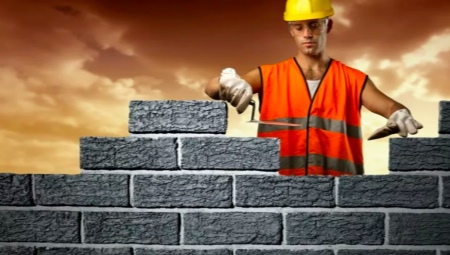
The race for "creativity" in today's labor market seems to be on the decline. In terms of career guidance, this means the growing popularity of traditional activities. And therefore it is very important to learn everything about the profession. builder - both in general and in individual specialties. By the way, there are a huge number of specialties in this branch of the national economy.
History of the profession
As always, it is useful to start characterizing the work of a builder from the beginning. People began to erect the first buildings already in such deep antiquity that even archaeologists cannot accurately date the beginning of such activity. Gradually, as in other spheres, individual specializations of the construction business developed, craftsmen appeared who were able to do the job better than anyone else. For a long time, development proceeded extensively: the size and volume of buildings increased rapidly, but their complexity grew very slowly.
The situation changed in modern times, especially from the middle of the 19th century, when mechanical devices began to be used, as well as new building materials and structures were used.

Advantages and disadvantages
Without exaggeration, the builder is the profession of the future. No further changes in society and the state, no development of industry, agro-industrial complex, transport, energy, as well as medicine, culture and sports is unthinkable without the construction of various buildings. In addition, as the branches of the national economy develop, completely different structures will be required, created according to the latest construction technologies and the ever-increasing requirements for them. Wages in the construction industry have always been considered one of the highest. After gaining solid professional skills, you can work not only in a specific construction organization, but also perform work to order.
Also worth noting:
good prospects for professional growth;
authority in society;
the opportunity to work in any city, region and even country;
the value of the acquired work skills for personal purposes.
However, not all so simple. Despite the widespread use of construction equipment, a significant amount of work is done by hand. And so it will be for a very long time.

Construction works - one of the most difficult, physically tiring even many types of industrial production. Construction is monotonous, rarely presents something fundamentally new, and this is not to everyone's taste. Both manual and mechanized construction work can be dangerous to health and life, and it is not possible to eliminate many risks completely.
Some types of modern technology employed in construction sometimes also negatively affect workers. Vibration and noise, dust emissions and the spread of strong odors can seriously damage the human body..
Also worth noting:
high risk of mechanical, thermal and electrical injuries;
use of unsafe substances and technologies;
the need to work at height and / or in unfavorable weather;
frequent irregular work shifts;
the need to constantly communicate with other people, as well as some dependence on them for the results of their own work.

Varieties of specialties
Construction professions are very different specializations, since it is impossible to complete all the necessary work with one pair of hands. Some of the most popular in the XXI century, paradoxically, are builders of wooden houses. Log houses and half-timbered houses are very popular, and natural materials are in great demand. But working with wood is no less difficult than working with brick, concrete or other modern materials.
The difficulties of such work are justified by the charm of the buildings being created and the opportunity to show an original approach, and not just do something according to a ready-made template.
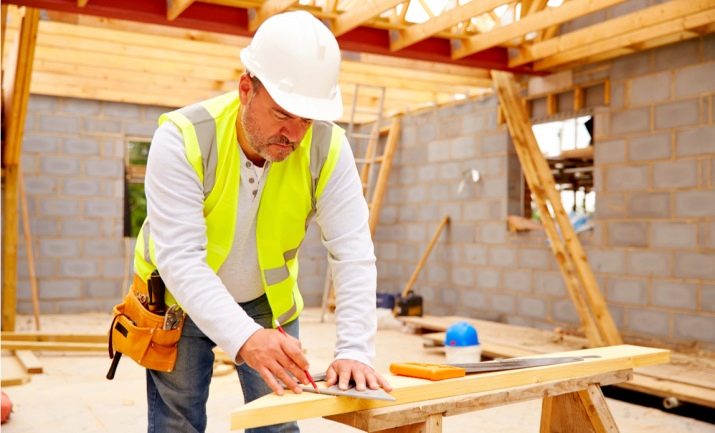
But still, the list of professions in this area is much more associated with large-scale mechanized work. And from the very beginning it is worth talking about the traditionally female occupations at the construction site. True, it cannot be said that these professions are purely female, but nevertheless many women are employed in them. First of all, they include tower crane operators. According to statistics, it is women who get about 50% of such vacancies. The reason is simple: handling an arrow with heavy loads requires not so much physical condition as accuracy, caution and responsibility.
For identical reasons, exactly the same picture develops among plasterers and paintersand also among finishers, station wagons. An even greater share is represented by women in occupations related to construction work, either indirectly or directly. We are talking about the following specialists:
designers;
estimators;
accountants;
lawyers;
VET engineers;
architects and designers.

It is important to mention that various military specialists work in the construction sector as well. They are versatile and quite competent professionals in any work. Indeed, in many respects, it is on them that the quality of national defense and readiness for various extreme situations depend.
Troop deployment points and special roads, airfields and ports, training grounds and command centers, communications and radar detection complexes, warehouses, and other specialized facilities - all this requires a professional approach.
But those who build military camps, hostels, sanatoriums, health resorts and fitness centers for the needs of the armed forces can also call themselves military builders.
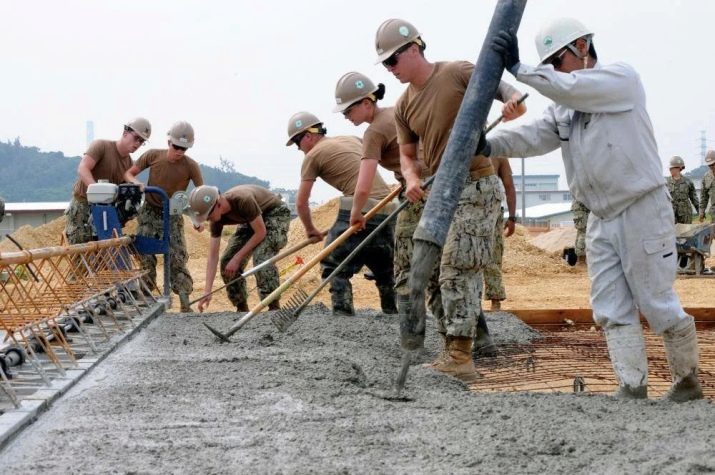
Deserve a separate conversation specialists in the field of general construction works. Such works are considered to be everything related to the construction, reconstruction of buildings and other objects. These works are divided into cycles:
zero cycle (preparation);
arrangement of the foundation;
construction of walls of buildings;
rough work.
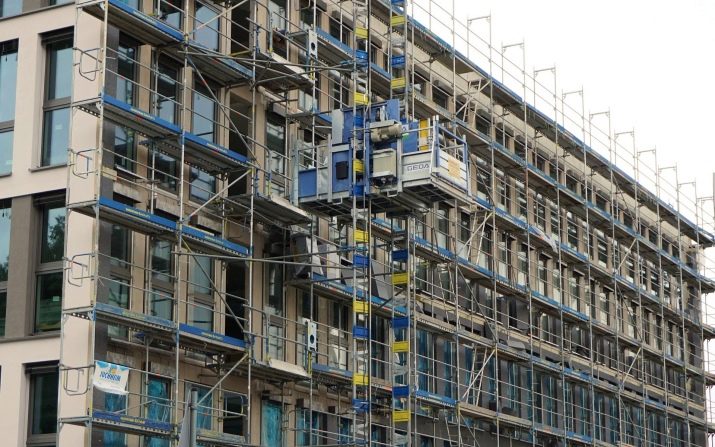
Civil works begin long before the moment when equipment appears at the facility and designers, architects, and designers get down to business. Even before them, the preparation of the construction site and the selection of it are engaged in prospectors, surveyors. It depends on them whether the chosen place will be convenient for construction work, how long the structure will stand. In addition to surveys, general construction works include:
preparation of the territory (clearing, removal of garbage, fallen trees, leveling the base, strengthening the soil, laying temporary roads and communications);
creation of infrastructure for the placement of teams, equipment and property;
decoration, installation of windows and doors;
thermal insulation, sound insulation, waterproofing.
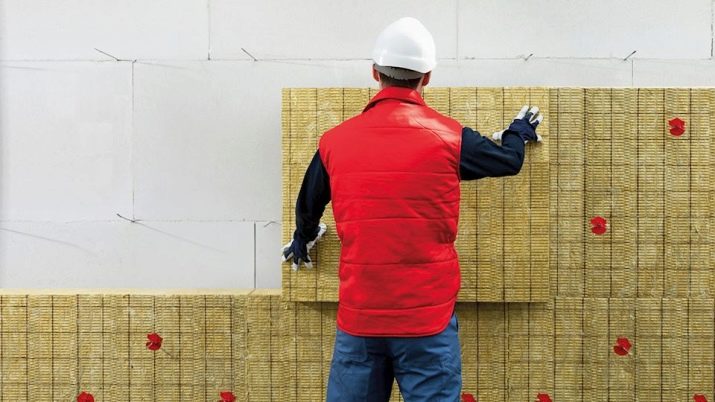
Specialization is also a source of curiosity. dry construction masters. This category includes professionals with all the skills of repair and finishing work. To apply plaster, paint the walls, decorate the floor beautifully and reliably - this is their main mission. It is imperative to use elementary construction machines and small-scale mechanization. However, not all representatives of the industry are "closed" exclusively within the framework of a particular building, some of them solve much more ambitious tasks.
A good example of this is bridge builders. It should be noted that bridges differ in their variety: cable-stayed and suspended, automobile, railway, pedestrian, combined and many others. Bridges are thrown over railways and highways, gorges, rivers and even sea straits. All this requires careful consideration of the features of a particular place, even to a greater extent than in the construction of a multi-storey building.
Bridge construction is closely related to the construction of overpasses, underpasses, tunnels, so such projects are often carried out by the same people.
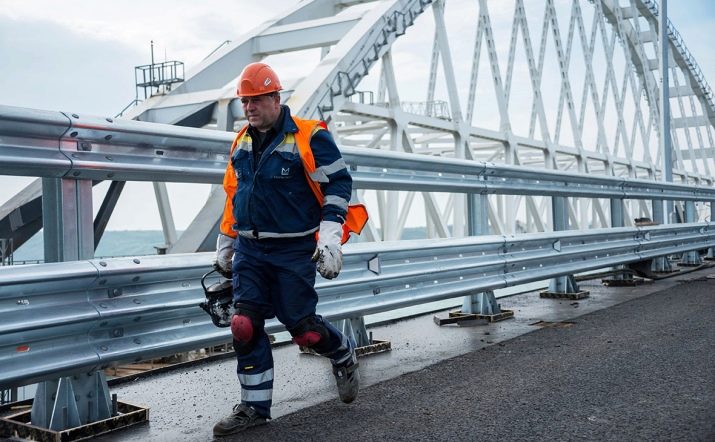
An even higher level is city planners... Such specialists no longer think about separate buildings and structures, even if they are the most important or of strategic importance. The main part of their work involves the creation of architectural complexes and entire settlements. Modern urban planning is not a “thing in itself”. Professionals have long noticed that modern buildings are subject to common values and the economic policy of the state.
But any city or small village equally cannot exist without highways. And their special builders are engaged in the creation, who can create a high-quality roadbed and equip the infrastructure of the track. Train such specialists in the universities of communications and in secondary specialized educational institutions of the same industry.
In our country, despite all the successes of recent decades, road (as well as rail) construction remains extremely topical.
More and more attention will be paid to these areas in order to enhance the development of the economy.
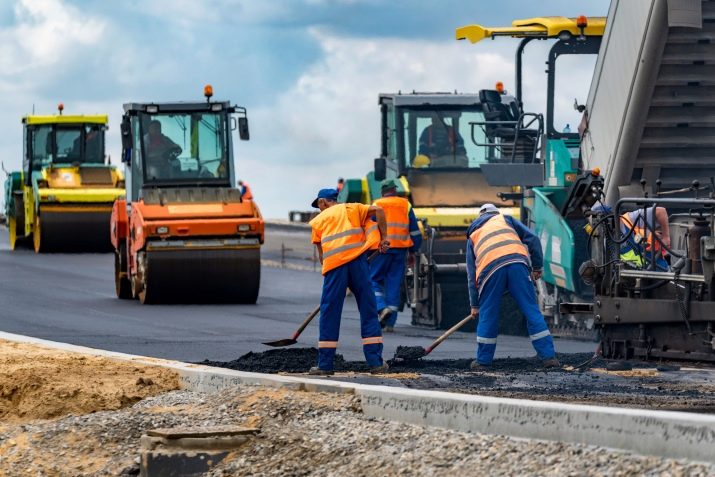
Completing the review is appropriate for the specialty construction carpenter. This is a subspecies of the civil works specialist. General construction workers occupying such a position are ready for simple manipulations with wood and wood products. You have to deal with:
the manufacture of wooden stairs;
preparation of window frames, transoms and doors;
the manufacture of cornices, partitions;
preparation of boards for floors, walls and ceilings.

Job responsibilities
As follows from the very name of the profession, the builder is engaged in creation, reconstruction, repair and restoration of various buildings, structures and objects. According to the job descriptions, he does everything to ensure that the tasks are completed within the allotted time. These are the following responsibilities:
acceptance of materials and structural blocks, various blanks;
competent storage and use of the tool;
compliance with safety standards.
Civil Engineer:
monitors the performance of work;
helps to make optimal decisions;
keeps track of the reasons why deadlines are not met;
checks installation, construction and repair work for compliance with generally accepted standards.

Requirements
Among the basic requirements for an employee of construction specialties, there are personal qualities and his professional competence (knowledge and skills).
Personal qualities
As already stated, builders must be extremely responsible and tidy. But they also need excellent physical shape and a stable nervous system. Working on a construction site cannot be described as a calm and harmonious occupation. In addition, construction requires the ability to concentrate even in unfavorable conditions... Noise, vibration, dust, heat and cold all make concentration very difficult.
But to build well, even all this is not enough. Also useful:
excellent quality of vision and hearing;
fast reaction;
excerpt;
the ability to clearly fulfill the assigned tasks;
persistence and desire to carry out the work started to the end.
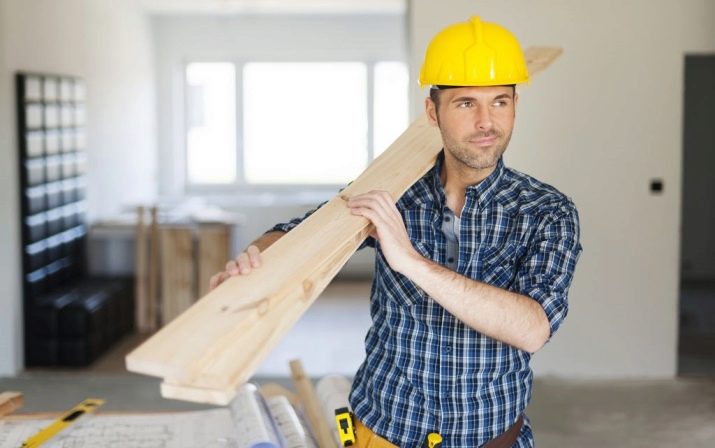
Knowledge and skills
Good builders:
work great with electric, pneumatic or hydraulic tools;
own the principles of finishing work outside and inside;
read drawings and diagrams;
can draw up estimate documentation;
possess elementary design skills;
own the normative and technical documentation in their field;
ready to work in a team (and at the same time do not pass responsibility on to others);
know the properties of materials and structures, types of buildings;
understand the resistance of materials, load standards, sanitary and hygienic and other requirements;
own a PC;
understand the basic safety requirements in the process of work.

How much does he earn?
The salary level of a builder in the Russian Federation is determined mainly by the complexity of the work and the region where he is employed.... It is curious that in Ingushetia the average income in the construction industry is about 400 thousand rubles. The second and third places were taken by the Yamalo-Nenets Autonomous District and the Novosibirsk Region, respectively. In total, about 80% of vacancies across the country are accompanied by a salary of 300 thousand rubles and above.
If we consider individual cities, then the greatest income awaits builders in Moscow and key centers near Moscow.

Education
Builders are trained universities, institutions and colleges in various cities of Russia. Higher education usually have designers, architects, engineers. But it is better to get working specialties in secondary schools or training centers. But in the latter cases, the problem arises that after such preparation, one cannot count on serious career growth. The maximum is the position of a foreman.

Already when mastering even the simplest construction professions, you will have to master:
geometry;
physics;
chemistry;
the technical side of soil science;
fundamentals of technical drawing;
basics of design and working documentation;
calculation principles in various cases, basic formulas for determining various indicators;
sanitary standards;
SNiP;
GOST and TU for key types of work, buildings and their parts, building materials.
For advanced training it is not necessary to enroll in special educational institutions again. There is another way: independent development of the necessary knowledge. You can confirm the mastery of them using exams in industry SRO... The same organizations often deploy training courses.
The program in such courses is closer to real practice than training in colleges and even at faculties of advanced training.

Career and prospects
Having worked at the lowest level, as already noted, builders gradually rise to the level of site chiefs and foremen... These are quite decent positions, so there is no shame in the fact that they become the ultimate goal in your career. Advanced training is aimed primarily at mastering new technologies and mechanical means, building materials and working methods. But you can act differently: from the very beginning or after a certain stage of practical work, become a leader, an organizer. Moreover, architects, designers and planners, surveyors and project management specialists who have gone through the entire "school" of the industry from scratch are valued more than just having a diploma.
A common mistake many people make is that they try to change jobs more often. This does not give any real addition to experience. But it leads potential employers to negative thoughts about such candidates. It is ideal to move to a new position, having at least 3-5 years of work in the previous position.
Then it will only be possible to reveal all the subtleties and nuances, and not just pick up something on top.









